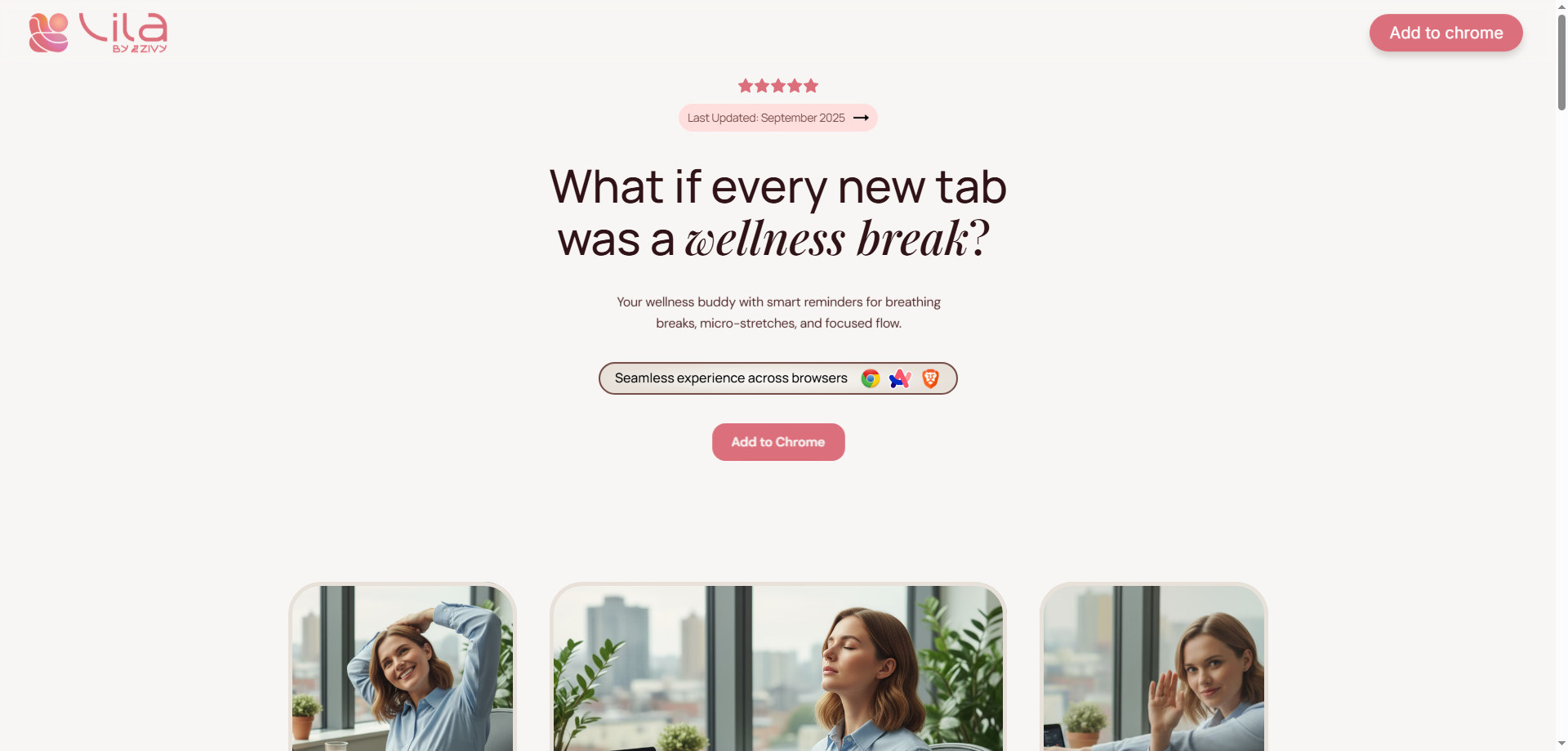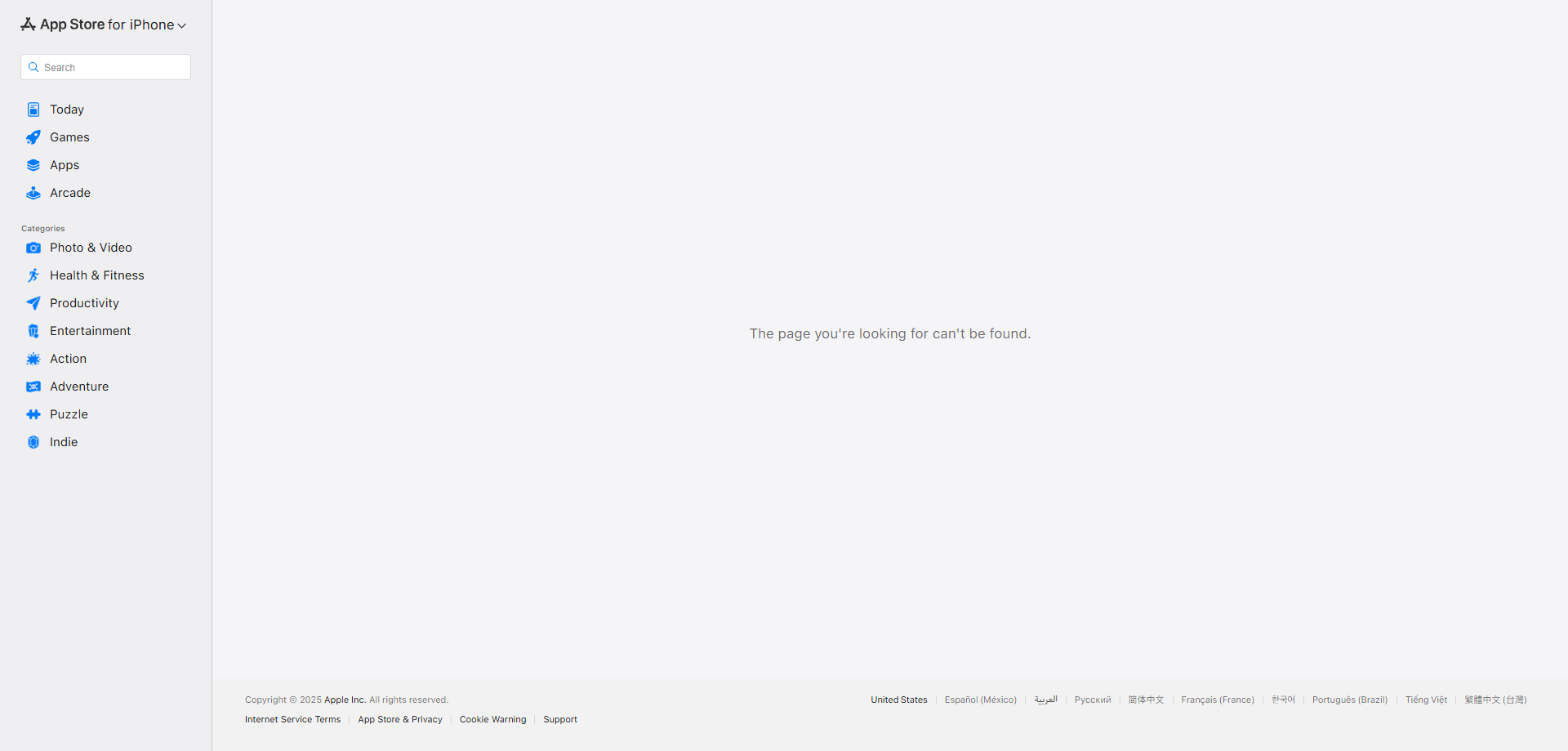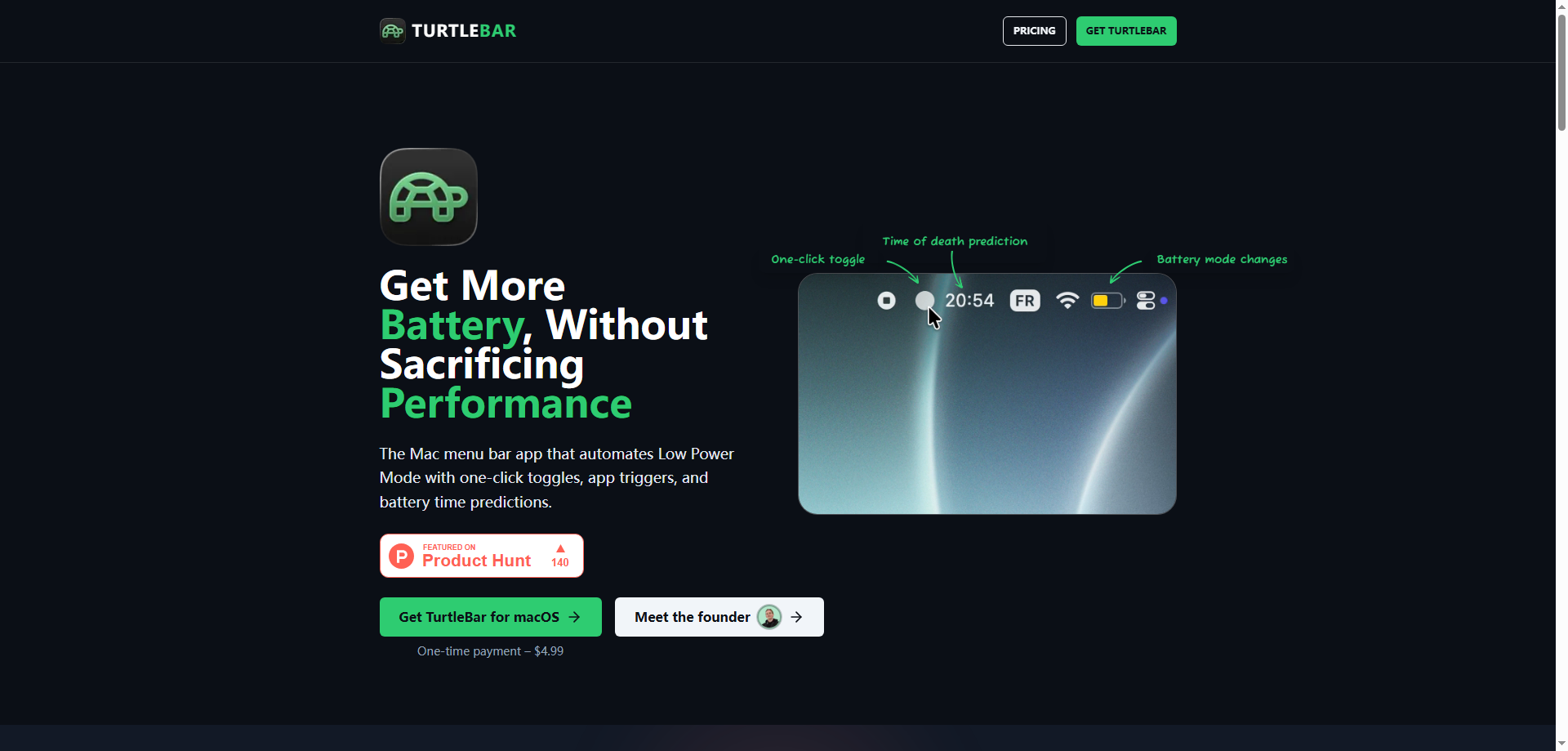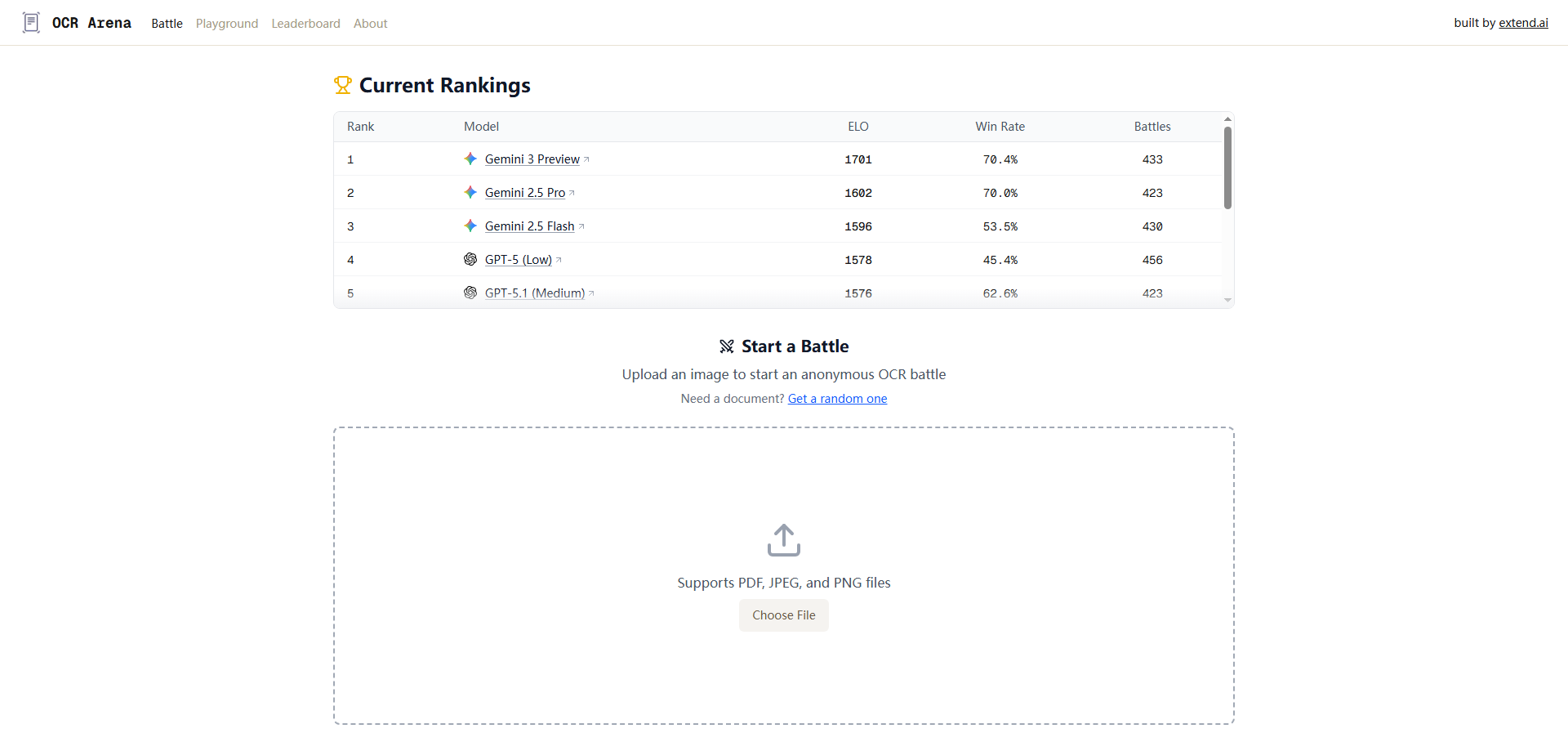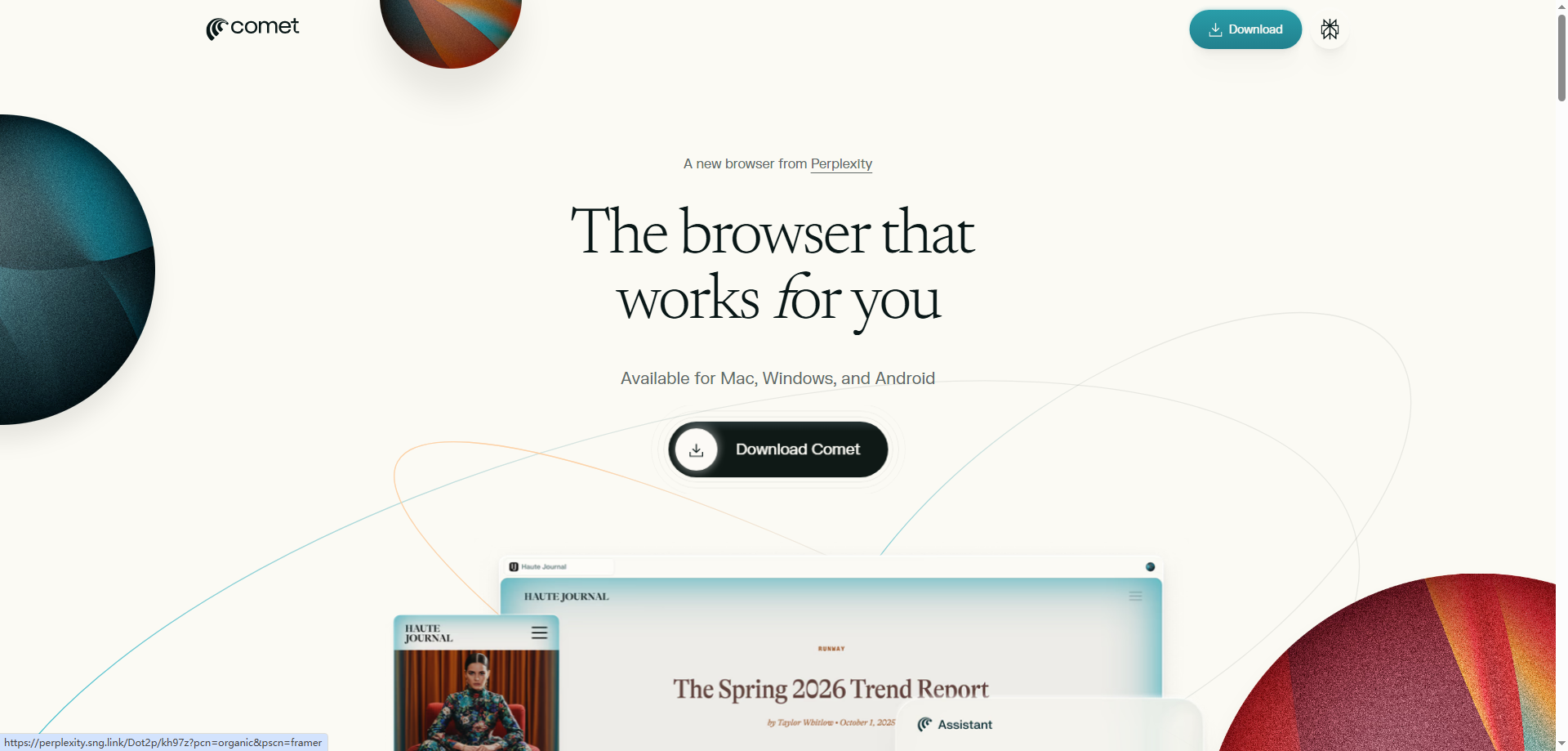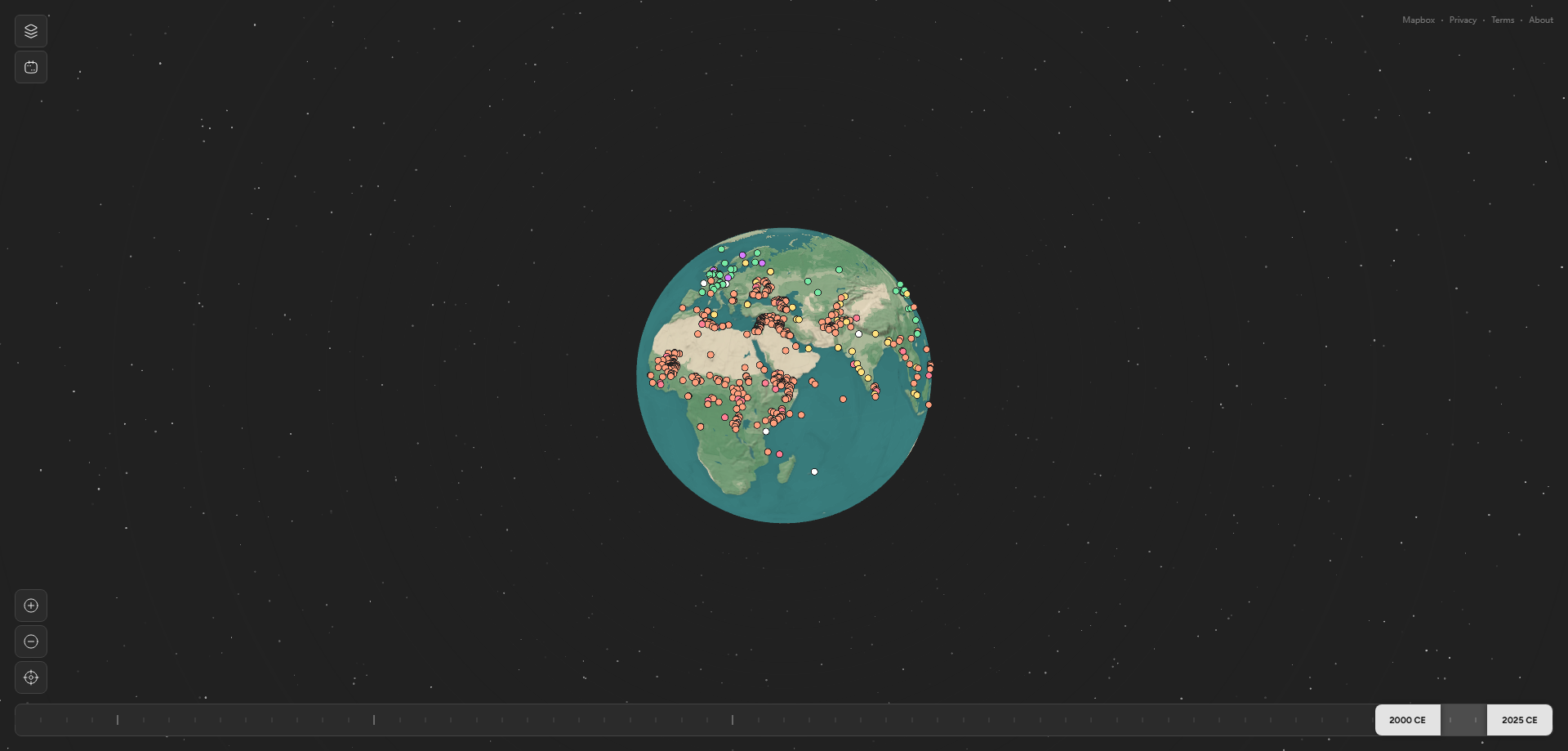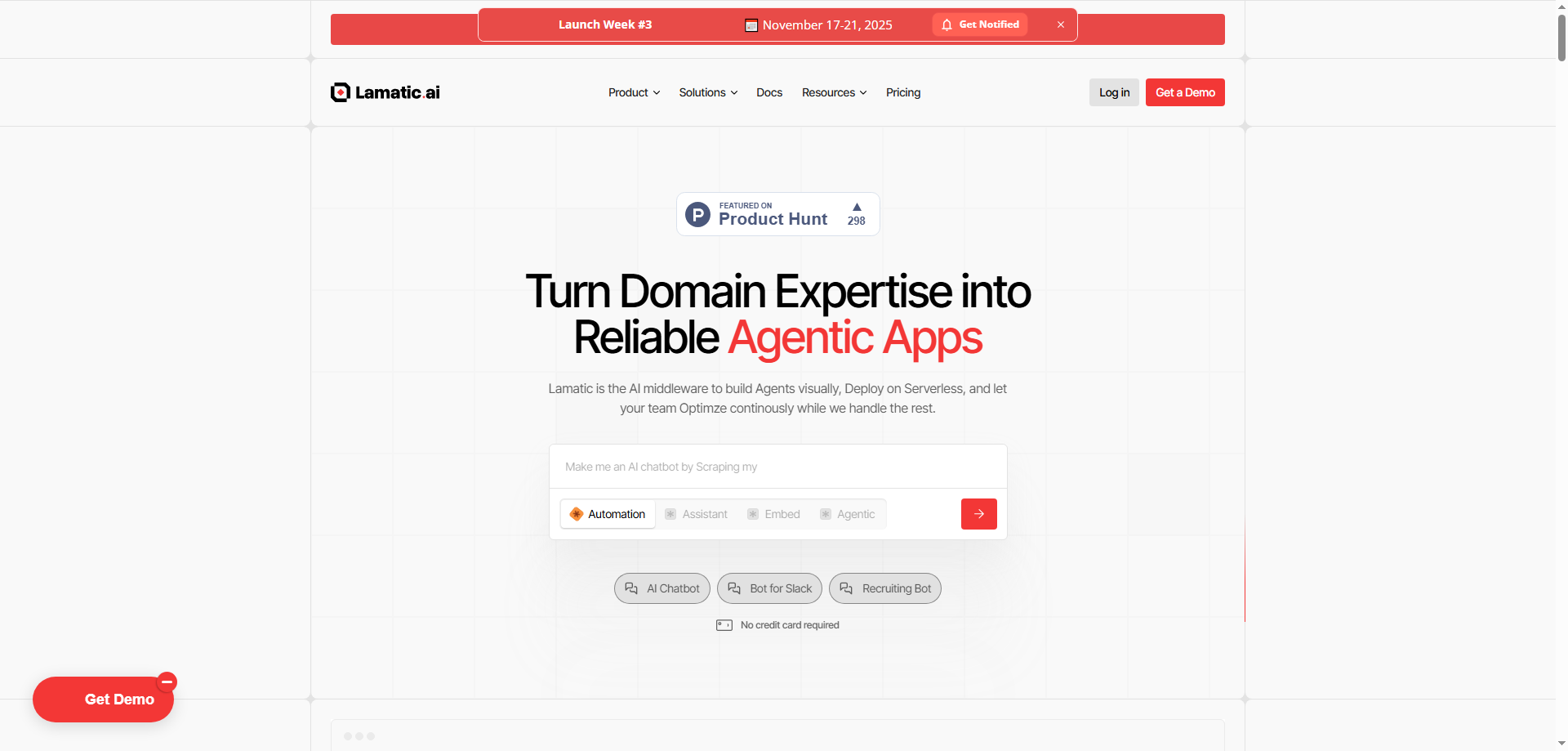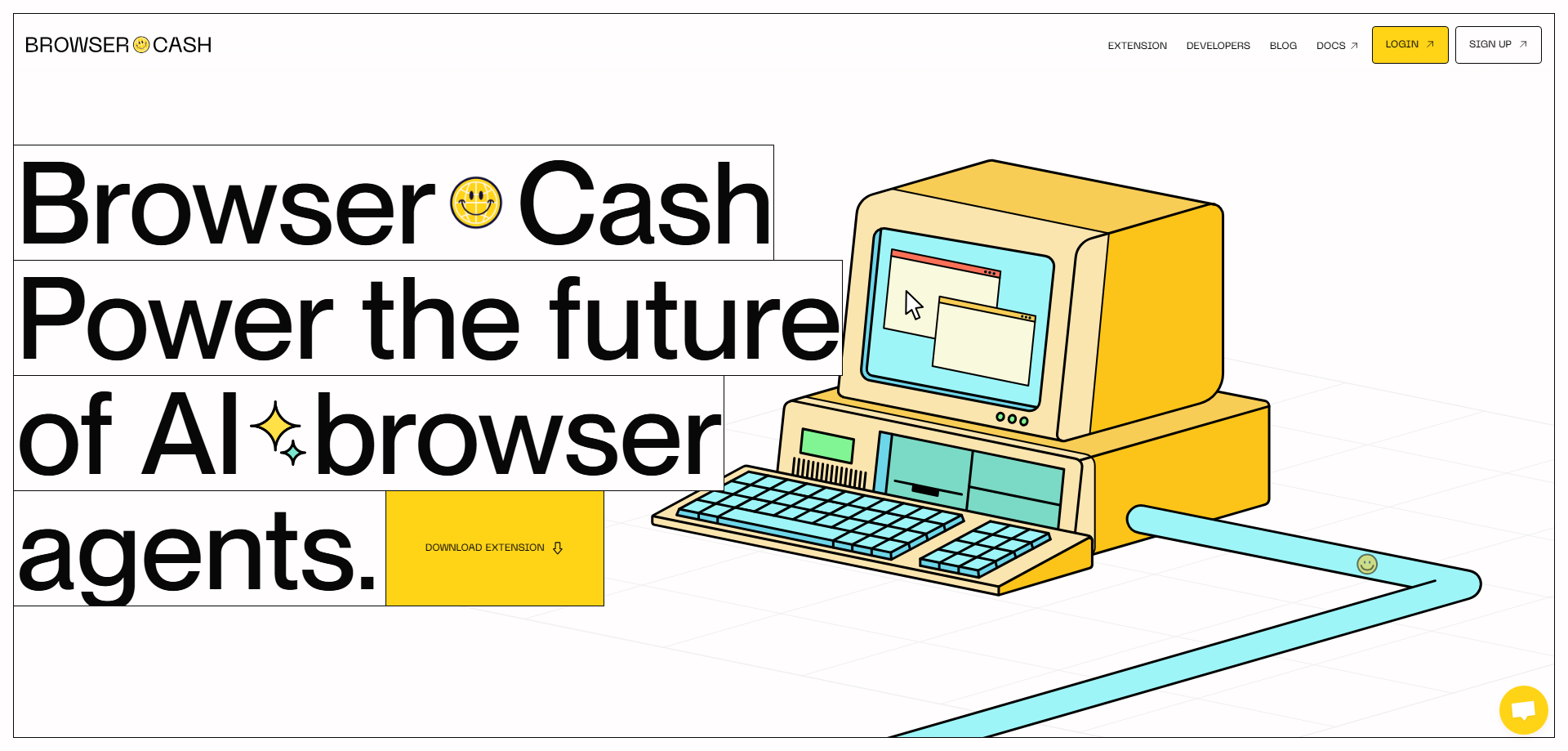Breakups are brutal. That's not news to anyone who's ever had their heart shattered. What is news—or at least what's interesting to me—is how we're increasingly turning to apps to help us navigate emotional pain that humans have dealt with for millennia. When I came across No Contact Tracker, also called "Let Them Go," I had a mixture of curiosity and skepticism. An app that helps you recover from heartbreak by tracking your no-contact streak and raising a virtual plant? On paper, it sounds almost too simple. But after thinking deeply about this product, I've come to appreciate both its clever design and its potential limitations.
The Creative Philosophy: Gamifying Grief
Let me start by examining the creative thinking behind this app, because I genuinely believe there's something thoughtful happening here beneath the seemingly simple surface.
The core creative insight is treating emotional recovery as a gamified progression system. This isn't just slapping a streak counter on your screen and calling it a day. The app recognizes that healing from heartbreak requires sustained behavioral change, and humans are notoriously bad at maintaining willpower during emotional distress. By introducing game mechanics—earning water drops, nurturing a virtual plant, completing daily tasks—the app transforms abstract emotional progress into tangible, visible achievement.
The virtual plant metaphor is particularly creative and well-chosen. Your healing journey becomes externalized as plant growth. Every day you maintain no-contact, every journal entry you write, every emotion you track—these actions water your plant. Watching something grow because of your consistent effort provides visual confirmation that you're doing something right, even when your emotional state doesn't yet reflect that progress. It's clever psychological design that gives form to formless healing.
What strikes me as especially creative is the redirection of energy. When you desperately want to text your ex at 11 PM, that urge feels overwhelming. The app acknowledges this by giving you an alternative action. Instead of contacting them, you open the app, record your impulse, complete a task, and water your plant. The emotional energy doesn't disappear, but it gets channeled into something constructive rather than destructive. That's smart behavioral psychology wrapped in simple mechanics.
The emotion tracking feature adds another creative layer. Heartbreak isn't linear. You might feel okay on Monday, devastated on Tuesday, angry on Wednesday. Tracking these fluctuations creates self-awareness. You start seeing patterns—maybe weekends are harder, maybe late nights trigger sadness. This data transforms chaotic emotional experience into comprehensible information, which alone can be therapeutic.
The inspirational quotes feature could feel generic, but in context it makes creative sense. When you're emotionally vulnerable, sometimes you need external wisdom to counter your internal spiraling. A well-timed quote about growth or self-worth can interrupt negative thought patterns. It's like having a supportive friend who always knows the right thing to say.
However, the creative vision has limitations. The "let them go" framing assumes all breakups require complete no-contact, which isn't always true or healthy. Co-parents, colleagues, or those with mutual friends can't simply disappear from each other's lives. The creativity is solid but somewhat narrow in its application.
Disruption Potential: Can This Replace Traditional Healing Methods?
Now let's examine whether No Contact Tracker can disrupt existing approaches to breakup recovery. What do people currently do when their hearts are broken?
The traditional approaches include talking to friends and family, seeing therapists, journaling in physical notebooks, reading self-help books, or simply suffering through time until the pain fades. Some people exercise obsessively, others bury themselves in work or rebound relationships. There's no standardized system—everyone figures out their own coping mechanisms.
Can this app disrupt these methods? Let's break it down.
For therapy and professional support, No Contact Tracker won't replace professional mental health care. Complex grief, depression, or anxiety triggered by breakups require qualified intervention. The app is complementary at best—a self-help tool, not treatment. Therapists shouldn't worry about obsolescence here.
For friend and family support, the app can't replicate human connection and empathy. Your best friend listening to you cry over wine provides something no app can. However, the app fills gaps when friends aren't available—3 AM when everyone's sleeping, or when you've exhausted friends' patience by rehashing the same pain repeatedly. It's supplementary support, not replacement.
Where I see genuine disruption potential is in self-help book territory. Traditional breakup recovery involves reading books about attachment styles, healing, and moving on. These books provide frameworks but require self-motivation to apply their advice. No Contact Tracker operationalizes self-help concepts into daily actions. Instead of reading about journaling benefits, you're journaling. Instead of understanding no-contact intellectually, you're tracking it. The app turns passive consumption into active practice.
The gamification aspect disrupts motivation-dependent recovery methods. Most people know what they should do—maintain distance, process emotions, focus on self-growth—but struggle with execution. The app's reward system creates external motivation when internal motivation fails. That's potentially disruptive for anyone who's ever known the right thing to do but couldn't consistently do it.
Physical journaling might face disruption too. Many therapists recommend journaling during heartbreak, and physical notebooks have their appeal. But the app offers convenience—always available on your phone—plus the added motivation of plant growth tied to entries. For digital natives especially, app-based journaling might replace traditional notebooks.
But full disruption is unrealistic. Human emotional support isn't replaceable by pixels. Professional therapy addresses root causes that apps can't reach. The app disrupts some aspects of self-directed recovery while complementing others.
My disruption assessment: No Contact Tracker can partially disrupt self-help recovery methods by transforming passive advice into active, gamified practice. It won't replace professional help or human connection but can fill gaps and provide structure when other methods fall short.
User Acceptance: Is There Demand for Digital Heartbreak Help?
The critical question is whether people will actually use this. Let's examine real user needs and acceptance potential.
The pain point is undeniably universal. Breakups affect virtually everyone at some point. The emotional devastation, obsessive thoughts about exes, desperate urges to contact them—these experiences cross cultures, ages, and demographics. The target problem is massive.
The specific behavior—wanting to break no-contact—is incredibly common. Ask anyone who's been through a breakup if they've fought the urge to text their ex. The answer is almost universally yes. Having a tool specifically designed to combat that impulse addresses a precise, recognized need.
The app's simplicity increases acceptance likelihood. You don't need to understand complex psychological concepts or commit to extensive setup. Open app, track mood, write if you want, water plant. Low barrier to entry is crucial for emotionally vulnerable users who lack energy for complicated systems.
The 146 votes and 16 discussions on Product Hunt show initial interest, though not explosive enthusiasm. However, breakup recovery is intimate and personal—people might not publicly celebrate using such an app even if they find it helpful. Silent adoption could be higher than visible metrics suggest.
The target demographic seems to be younger users comfortable with app-based solutions and gamification. Digital natives who've grown up with mobile games and habit-tracking apps will intuitively understand and appreciate the mechanics. For them, nurturing a virtual plant while healing makes perfect sense.
However, acceptance faces significant challenges. First, there's potential shame around using an app for emotional problems. Some people might feel embarrassed about needing digital help for human emotions, viewing it as weakness rather than self-care. Social stigma could limit adoption.
Second, effectiveness varies by user psychology. People who respond well to gamification will thrive. Those who find virtual rewards meaningless won't connect with the plant mechanic. The app assumes specific psychological responses that aren't universal.
Third, breakup severity matters. Someone mourning a three-month relationship has different needs than someone divorcing after twenty years. The app's one-size-fits-all approach might not scale to all breakup intensities.
Fourth, there's the "this won't fix my actual problem" skepticism. Watering a virtual plant doesn't change that your ex moved on or that you feel lonely. Users expecting the app to solve their emotional pain—rather than supporting their healing process—will be disappointed.
Fifth, attention spans and app fatigue are real. People download apps with good intentions, use them for days, then forget. Without compelling long-term engagement, users might abandon the app before experiencing benefits.
That said, the people who need this app most—those struggling to maintain no-contact, those without adequate support systems, those seeking structure in chaos—will likely embrace it enthusiastically. The niche is specific but passionate.
Survival Rating: 3 out of 5 Stars
After comprehensive analysis, I'm giving No Contact Tracker a 3 out of 5 stars for one-year survival prospects. Here's my detailed reasoning.
Opportunities
The universal pain point provides strong foundation. Heartbreak is eternal and widespread. As long as relationships exist and end, the need persists. Market demand is essentially guaranteed by human nature.
Mental health app normalization is accelerating. Meditation apps, therapy platforms, and mood trackers have made digital mental health tools mainstream. People increasingly accept apps as legitimate self-care resources. This cultural shift benefits No Contact Tracker.
Gamification appeals to younger demographics. Gen Z and millennials respond well to game mechanics in non-game contexts. The plant care element isn't just cute—it's strategically aligned with how these generations engage with personal development.
The freemium model likely works here. Basic features can be free while premium features—additional plants, deeper analytics, extended quotes libraries—generate revenue. Mental health apps have proven this monetization approach viable.
Viral potential exists through word-of-mouth. People share helpful breakup advice with heartbroken friends. "This app helped me stop texting my ex" is a powerful recommendation. Organic growth through peer referrals is plausible.
Risks
Market saturation in mental health apps is real. Hundreds of meditation, mood tracking, and wellness apps compete for attention. Standing out requires significant marketing investment and differentiation.
The narrow use case limits growth potential. The app serves one specific situation—no-contact after breakups. Once users heal and move on, they uninstall. Customer lifetime value is inherently limited by the temporary nature of the need.
Monetization challenges exist. Users are emotionally vulnerable and potentially financially strained—breakups often coincide with financial upheaval. Convincing them to pay for premium features requires careful execution to avoid appearing exploitative.
Evidence of effectiveness is hard to prove. How do you demonstrate that the app actually helps healing? Without clinical studies or quantifiable outcomes, skeptics might dismiss it as gimmicky rather than genuinely therapeutic.
Privacy concerns matter for sensitive data. Users journal their deepest feelings and track intimate emotional patterns. Any data breach or privacy misstep would be catastrophic for trust. Security investment is essential but expensive.
Competition from generalist apps is inevitable. Large mental health platforms could easily add breakup-specific features, bundling what No Contact Tracker offers standalone. Platform competition is a persistent threat.
The plant mechanic might feel infantilizing to some users. Adults processing serious emotional pain might resent being motivated by cartoon plant care. The gamification that appeals to some will alienate others.
Final Thoughts
No Contact Tracker represents creative application of behavioral psychology to emotional recovery. The gamification approach, virtual plant metaphor, and structured daily tasks provide framework for the chaotic breakup experience. For users who connect with its methods, the app could genuinely support healing.
However, the narrow focus, limited customer lifetime, and competition in the mental health app space create survival challenges. The 3-star rating reflects potential balanced against real obstacles. The app can survive and help its niche audience, but scalability and sustainability require careful strategy.
For anyone currently heartbroken and struggling with no-contact urges, this app is worth trying. The combination of journaling, emotion tracking, and positive reinforcement through plant growth addresses real needs in an accessible way. Just maintain realistic expectations—the app supports your healing journey, but the actual healing happens within you, through time, self-compassion, and possibly professional support.
Your ex won't forget about you just because you stopped texting. But you might discover that you can survive without them—and that's the real lesson your virtual plant is teaching as it grows alongside your recovering heart.
